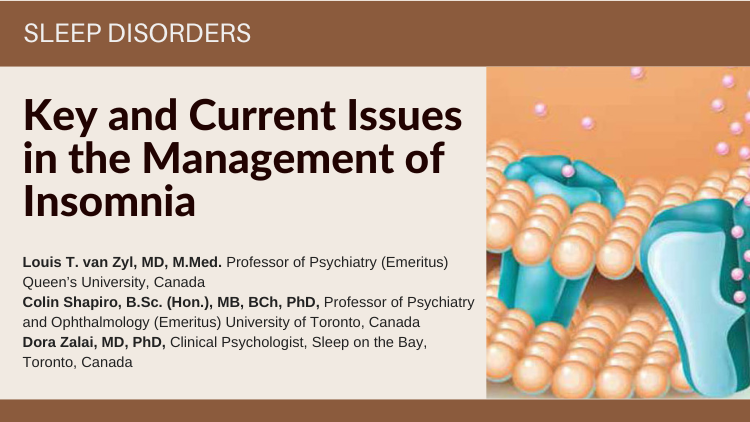1Professor of Psychiatry (Emeritus), Queen's University, Canada. 2Professor of Psychiatry and Ophthalmology (Emeritus) University of Toronto, Canada Director of the Youthdale Child & Adolescent Sleep Clinic and International Sleep Clinic Parry Sound Toronto, Canada. 3Clinical Psychologist, Sleep on the Bay, Toronto, Canada.
